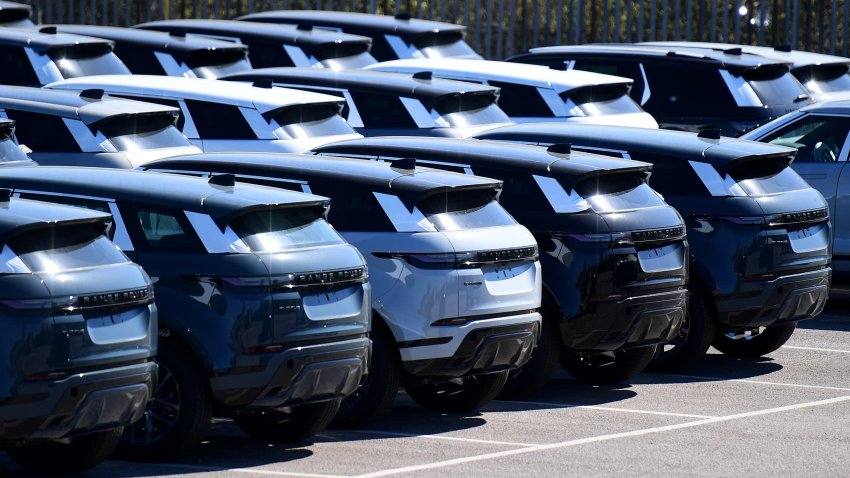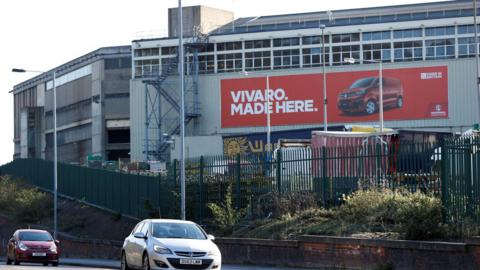UK car production has plunged to its lowest May level since 1949, with just 49,810 vehicles rolling off assembly lines, according to data released by the Society of Motor Manufacturers and Traders (SMMT) Trump car tariffs. This marks a staggering 30% decline year-on-year and reflects the impact of aggressive US tariffs imposed by President Donald Trump earlier this year.
Excluding pandemic-era disruptions, this is the weakest output for any May in 76 years and a serious blow to Britain’s already struggling automotive sector.

US Tariffs Cripple Exports
The biggest factor in May’s collapse was a sharp decline in exports to the US. The share of UK car exports to the United States fell from nearly 20% in May 2024 to just 11% this year. This coincided with the Trump administration’s decision in March to impose 25% tariffs on UK car imports as part of a wider trade realignment.
Leading automakers were forced to act quickly. Jaguar Land Rover (JLR) suspended US shipments altogether in April, while Aston Martin significantly reduced its exports. The SMMT said the move “depressed demand instantly,” with many manufacturers halting shipments mid-quarter.

Relief Coming with UK-US Tariff Deal
In a glimmer of hope, the UK and US reached a trade deal in May that will reduce tariffs on 100,000 British cars per year from 25% to 10%. The deal is expected to take effect by the end of June, covering approximately the same volume as UK auto exports to the US last year Trump car tariffs.
However, any exports above the 100,000 quota will face a steep 27.5% tariff, leading analysts to warn that recovery may still be limited in the near term Trump car tariffs.
“2025 has been an incredibly challenging year, but there is some optimism for the future,” said Mike Hawes, chief executive of the SMMT. “Trade deals with key partners and domestic industrial strategies will be crucial for recovery.”
EV Transition Also Slows Output
Beyond trade disputes, structural changes in the UK automotive industry are also affecting output. Automakers are in the midst of retrofitting factories for electric vehicle (EV) production, causing short-term disruption Trump car tariffs.
- Jaguar Land Rover is converting its entire Jaguar lineup to electric by 2026.
- Nissan is overhauling its Sunderland plant in preparation for the new Leaf EV.

Such transformations take months and often require full or partial shutdowns of production lines. While the moves are essential for long-term competitiveness and compliance with net-zero targets, the transition is hitting short-term output hard.
UK Industrial Strategy to the Rescue?
Amid mounting pressure, the UK government recently unveiled a new industrial strategy aimed at revitalizing British manufacturing. The plan includes:
- A £2.5 billion automotive R&D and capital investment fund
- Lower energy costs for high-consumption industries
- Support for domestic battery production and EV supply chains
The SMMT welcomed the move, noting that these measures are crucial for ensuring the UK remains competitive as global carmakers ramp up electrification.

Outlook for the Second Half of 2025
With US tariffs expected to ease by July and factory upgrades nearing completion, analysts believe production should begin to rebound in the second half of the year. However, global uncertainties—ranging from interest rate policies to the stability of international trade—continue to cast a long shadow.
For now, May’s historic low serves as a wake-up call about the fragility of the UK’s export-reliant auto sector in an era of geopolitical and technological upheaval.
Related Reading:
Image Credit: Reuters – Shelved car bodies at Aston Martin’s Gaydon factory, May 2025









